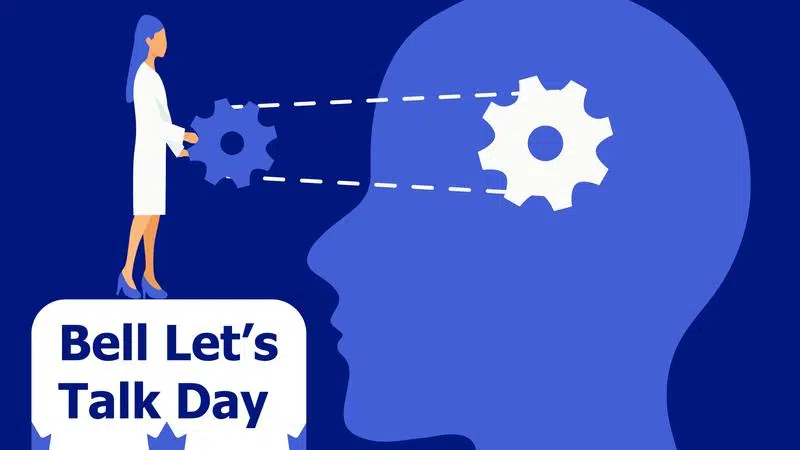
GINTA: Nice hashtag, but are we going to keep talking about mental health?
I HAVE A HARD TIME peeling myself away from the book I am reading to focus on this column. The book is called From the Ashes, and it is written by Jesse Thistle, presently an assistant professor of Metis Studies at York University in Toronto. The path that led him to where he is today, though… okay, I will not spoil it for you. I am three quarters done and have shaken my head and winced more times than I could count since I started reading it. I had heard him sharing his story on the radio a couple of years ago while driving with my eldest to Harper Mountain. I wished then he’d write about it. He did.
The story made my son and I quiet. We listened and talked about it for days. Sobering is barely the word to characterize the after-feeling. Among countless heartbreaking events of his life, Mr. Thistle was incarcerated and that’s where his story, many other people’s stories and a recent social campaign intersect.
You may have come across that social media campaign. Heck, if you are on social media at all, unless you did not show up to check it on January 29th, there was no way to avoid it. So that’s great, you may say; that’s the day when we step outside of the comfort zone and talk about mental health beyond whispers to a friend in a coffee shop or writing things down in a journal.
Talk is not free, either. For every social media mention with #BellLetsTalk, which arguably raises awareness about mental health, five cents in donated to the cause. Great, right?


